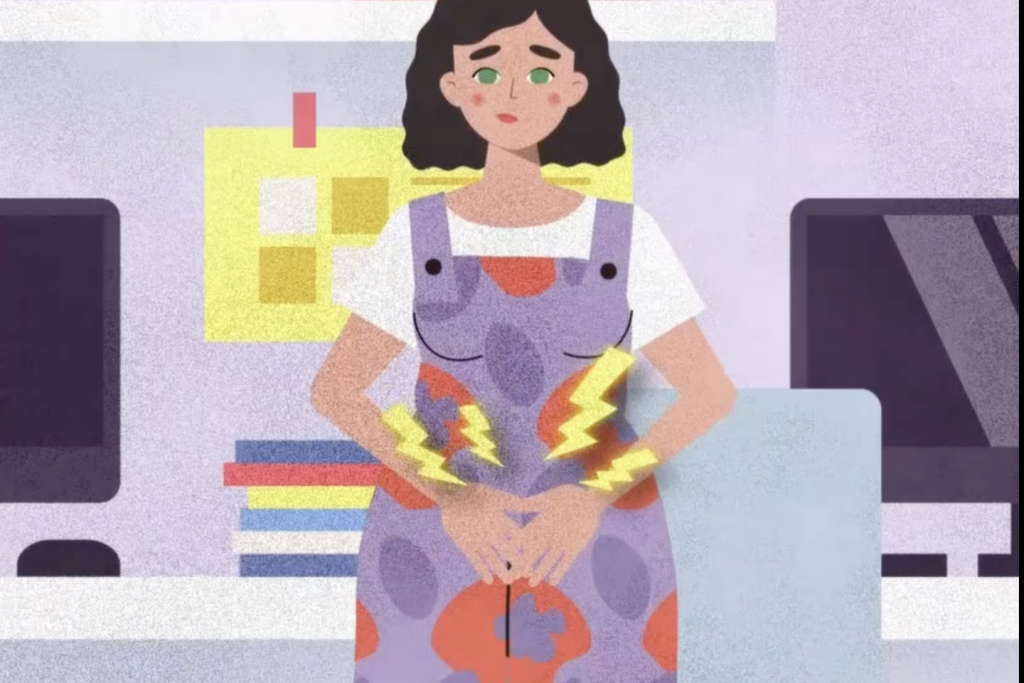The proposal to establish menstrual leave for women suffering from debilitating periods was rejected in a committee vote in the French National Assembly. Despite a tie vote, the majority and right-wing political parties opposed the measure, disappointing proponents who see it as a necessary advancement for women with painful and incapacitating periods. The bill will be reconsidered in a session on April 4th, with proponents determined to continue pushing for recognition of this issue. The decision was met with criticism from members of the left, who see it as a failure to address the suffering of many women.
The proposed legislation, based on a Spanish law passed in 2023, would allow for up to thirteen days of sick leave per year for women with debilitating periods, with no waiting period and paid for by social security, with a doctor’s certificate. It also aimed to promote teleworking for those experiencing painful periods. Symptoms of debilitating periods can include vomiting, stomach cramps, and diarrhea, with conditions like endometriosis affecting one in ten menstruating women in France. Despite the prevalence of these conditions, diagnosis can take up to seven years, highlighting the need for recognition and support.
Supporters of menstrual leave see it as a step towards acknowledging the pain that some women experience during their periods, particularly for those who cannot afford to take sick leave with waiting periods. The implementation of this policy could also encourage women to seek medical attention for conditions that have long been dismissed as normal menstrual pain. Some businesses and municipalities, predominantly left-leaning, have already adopted menstrual leave policies, with positive results for employees who suffer from painful periods. This provision has also been seen as a way to destigmatize women’s health issues and promote better health care access.
While the rejection of menstrual leave may come as a disappointment to many, proponents are determined to continue pushing for recognition of this issue. The political divide on this issue highlights the ongoing struggle for women’s rights and healthcare access, with advocates emphasizing the need for policies that address the specific health needs of women. With some companies and local governments already implementing menstrual leave policies, there is hope for broader recognition and support for women experiencing debilitating periods. The fight for menstrual leave is seen as part of a larger movement towards greater gender equality and health equity for all individuals.


